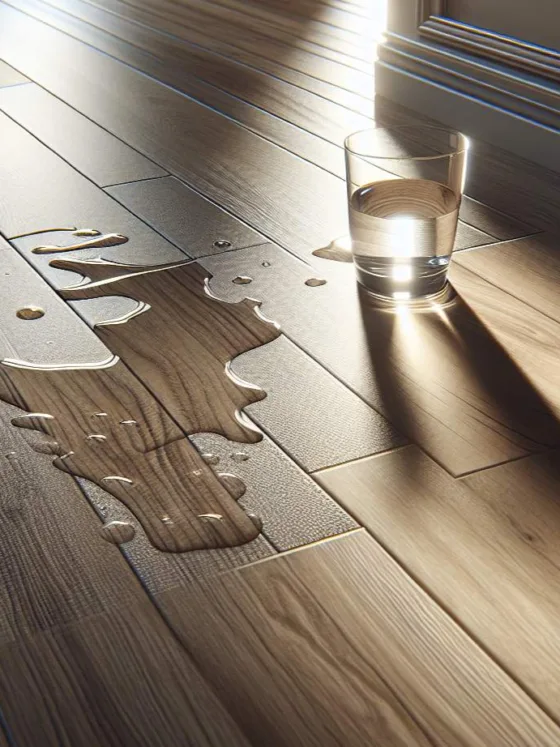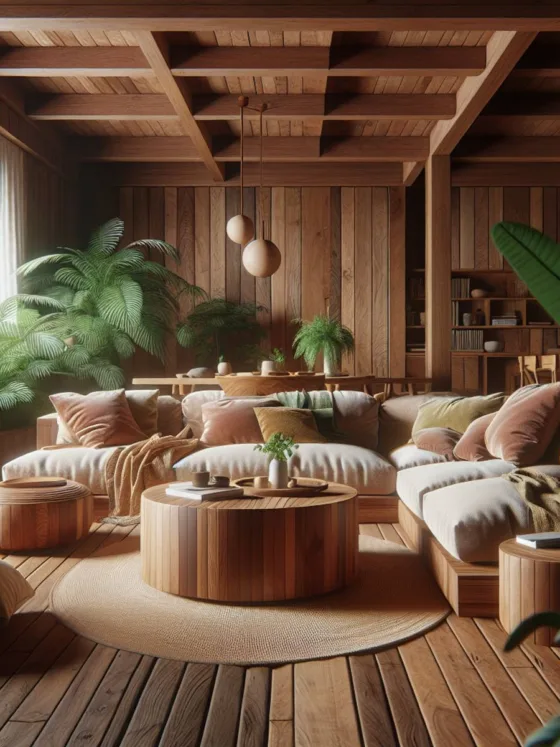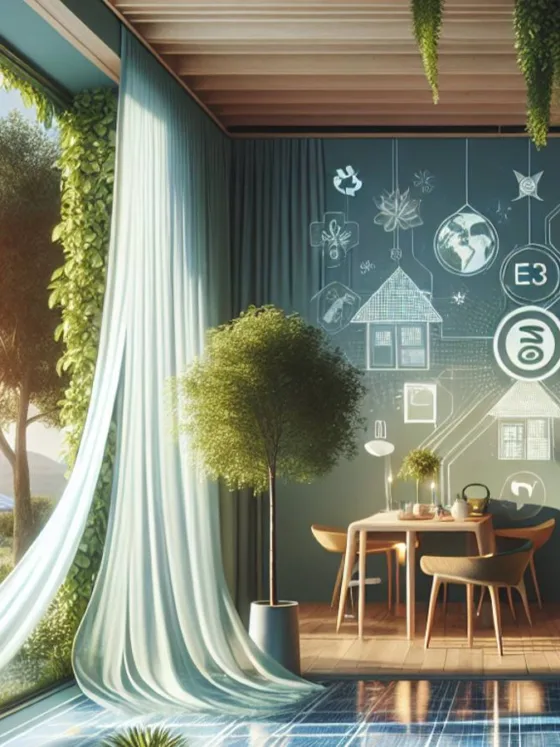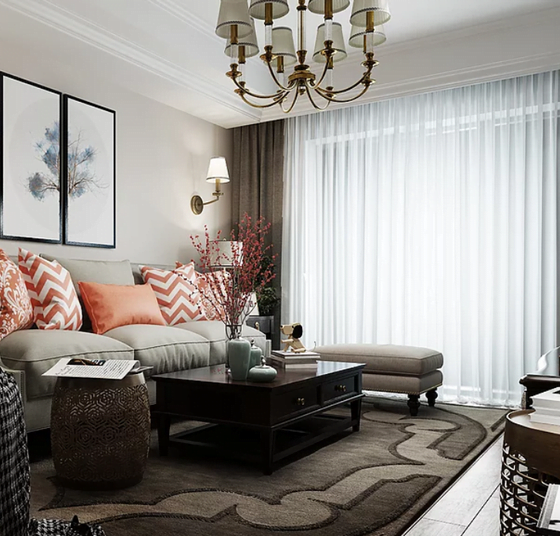Table of Contents Show
In the realm of outdoor design, pergolas stand as timeless structures that seamlessly blend functionality with aesthetics. When it comes to choosing the ideal material for a pergola, two popular options come to the forefront: aluminum and wood.
Each material carries its unique set of characteristics, pros, and cons, catering to different preferences and requirements. In this comprehensive comparison, we’ll explore the nuances of aluminum and wood pergolas, aiding homeowners in making an informed decision that aligns with their vision for the perfect outdoor space.
1. The Elegance of Wood Pergolas
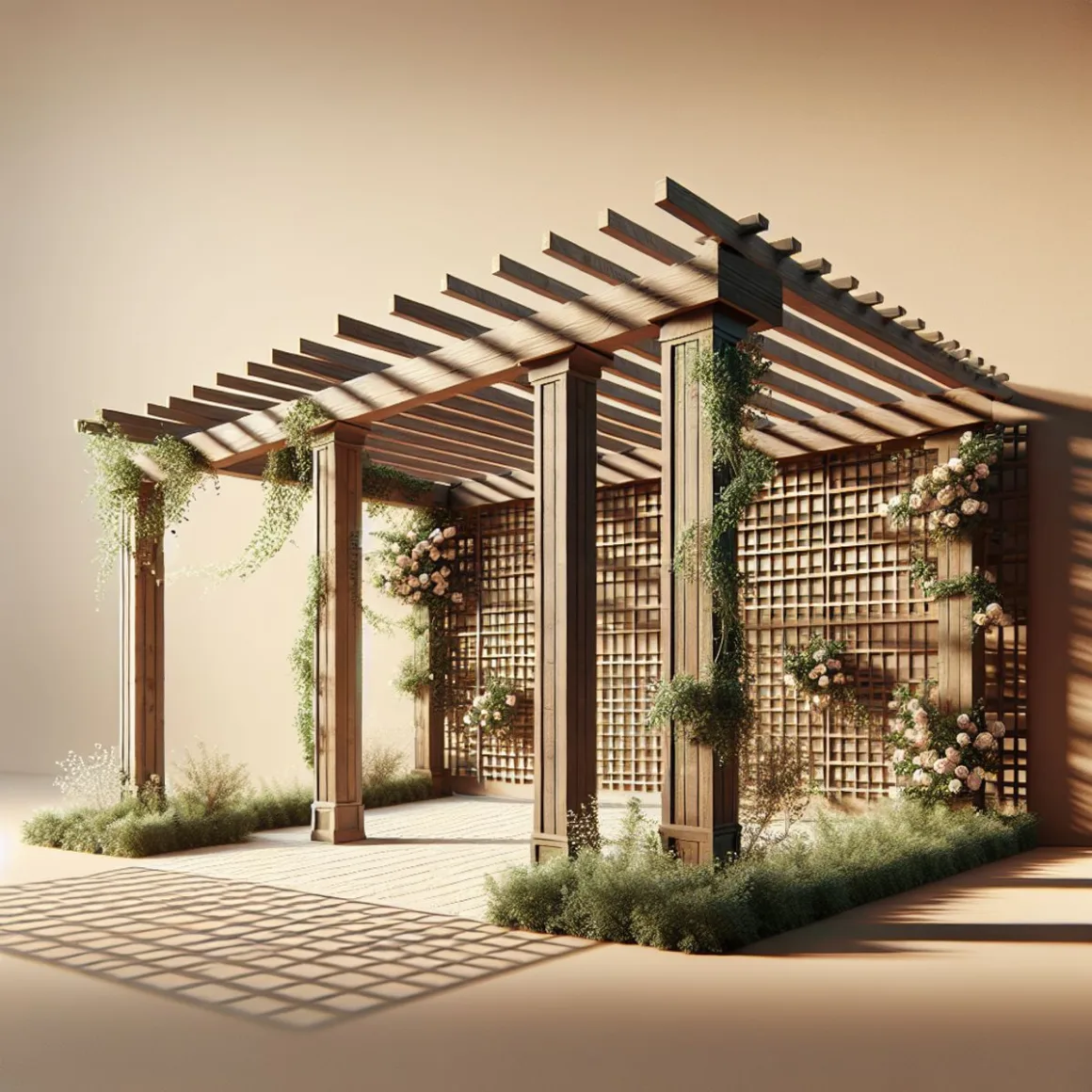
Time-honored Aesthetics
Wood pergolas have long been revered for their natural beauty and warm, organic aesthetics. The richness of wood tones, the grain patterns, and the inherent warmth make wooden pergolas a favored choice for those seeking a classic and timeless outdoor structure. Wood effortlessly complements various architectural styles, seamlessly integrating into traditional, rustic, and even modern settings.
Versatility in Design
One of the standout features of wood pergolas is their unparalleled versatility in design. Wood is a material that can be easily customized to suit specific preferences. From ornate carvings and intricate details to simple, clean lines, wooden pergolas offer an extensive range of design possibilities. This versatility allows homeowners to tailor the structure to match the existing aesthetics of their homes and landscapes.
Natural Connection with the Environment
Wood pergolas foster a deeper connection with nature, creating an organic extension of the outdoor environment. The use of natural materials aligns seamlessly with greenery, allowing climbing plants and vines to intertwine with the structure. This symbiotic relationship enhances the pergola’s visual appeal and contributes to a sense of harmony with the natural surroundings.
2. The Modern Appeal of Aluminium Pergolas
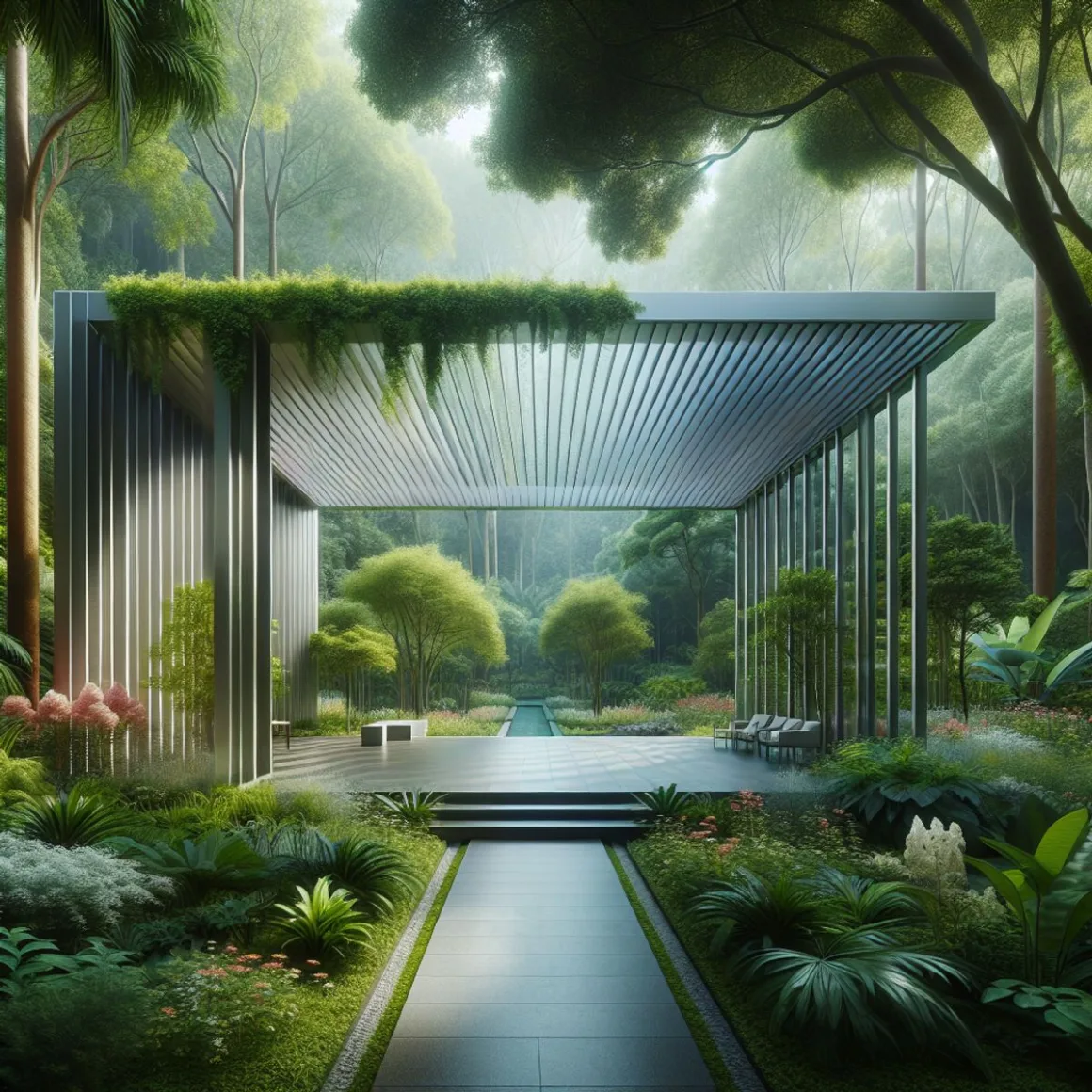
Contemporary Elegance
Aluminum pergolas bring a sense of contemporary elegance to outdoor spaces. The clean lines, sleek profiles, and modern finishes of aluminum structures make them a preferred choice for those with a taste for minimalist and modern design. Aluminium’s ability to achieve a smooth, uniform appearance adds a touch of sophistication to the outdoor landscape.
Lightweight and Durable
One of the key advantages of aluminum pergolas lies in their lightweight yet durable nature. Aluminium is known for its strength-to-weight ratio, making it sturdy and robust without adding excessive bulk to the structure. This quality not only simplifies the installation process but also contributes to the longevity and resilience of the pergola.
Low Maintenance
Aluminum pergolas are praised for their low-maintenance characteristics. Unlike wood, aluminum does not succumb to issues such as rot, warping, or insect infestations. The material is naturally resistant to corrosion and weathering, requiring minimal upkeep. This low-maintenance aspect makes aluminum pergolas an attractive option for those seeking a hassle-free outdoor structure.
3. Durability and Longevity
Wooden Pergolas
- Durability Challenges:
- Susceptibility to Rot and Decay: The primary drawback of wood pergolas lies in their susceptibility to rot and decay, especially in humid or damp environments. Without proper sealing and maintenance, wood can deteriorate over time, compromising the structural integrity of the pergola.
- Vulnerability to Insects:
- Attractiveness to Insects: Wood, being an organic material, is prone to attracting insects such as termites. In regions with a high prevalence of wood-boring pests, regular inspections and treatments may be necessary to prevent infestations and preserve the pergola’s longevity.
- Weathering Effects:
- Exposure to Weather Conditions: Wood pergolas are subject to the effects of weather conditions, including sun, rain, and snow. Without adequate protection, exposure to these elements can lead to fading, warping, and general degradation of the wood over time.
Aluminium Pergolas
- Impervious to Decay:
- Corrosion Resistance: Aluminium pergolas boast impressive corrosion resistance, ensuring they remain impervious to rust, decay, and degradation caused by exposure to the elements. This durability contributes to the long lifespan of aluminum structures.
- Insect-Resistant:
- No Appeal to Insects: Unlike wood, aluminum does not attract insects. Homeowners can rest assured that their aluminum pergolas are not vulnerable to infestations, eliminating the need for pest control measures.
- Weatherproof Characteristics:
- Sturdy in Various Climates: Aluminium pergolas are designed to withstand diverse weather conditions, including harsh sunlight, heavy rain, and snow. The material’s resistance to weathering ensures that the pergola maintains its structural integrity over the long term.
4. Maintenance Considerations
Wooden Pergolas
- Sealing and Staining:
- Periodic Maintenance: Wood pergolas require regular maintenance, including sealing and staining, to protect against moisture, UV rays, and other environmental factors. This upkeep is essential for preserving the wood’s appearance and preventing deterioration.
- Cleaning Requirements:
- Dealing with Debris: Wooden structures may accumulate dirt, debris, and mold over time. Regular cleaning is necessary to maintain the pergola’s aesthetic appeal and prevent issues such as discoloration or mold growth.
Aluminium Pergolas
- Minimal Maintenance:
- Hassle-Free Upkeep: Aluminium pergolas, by contrast, demand minimal maintenance. The material’s resistance to corrosion and decay eliminates the need for sealing, staining, or extensive cleaning. Periodic rinsing with water and mild soap is typically sufficient to keep aluminum pergolas looking pristine.
- Long-Term Cost Efficiency:
- Reduced Maintenance Costs: While the initial cost of aluminum pergolas may be higher, the reduced maintenance requirements make them cost-effective in the long run. Homeowners can save on the expenses associated with ongoing maintenance and repairs.
5. Design and Customization
Wooden Pergolas
- Design Flexibility:
- Versatility in Style: Wood’s natural versatility allows for intricate detailing and a wide range of design options. Wooden pergolas can be tailored to match the architectural style of the home, offering a timeless and customizable aesthetic.
- Color Variety:
- Staining Choices: Homeowners can choose from a variety of wood stains to achieve the desired color for their pergola. This flexibility allows for customization to suit individual preferences and existing color schemes.
Aluminium Pergolas
- Sleek and Modern Designs:
- Contemporary Profiles: Aluminium pergolas are characterized by sleek profiles and modern aesthetics. While they may not offer the same level of ornate detailing as wooden pergolas, they excel in delivering a clean and sophisticated appearance that aligns with contemporary design preferences.
- Powder-Coating Options:
- Color Customization: Aluminium pergolas often come with powder-coated finishes in a range of colors. Homeowners can choose from an array of hues to match their outdoor aesthetic, providing customization within the context of modern and minimalist design.
6. Environmental Considerations
Wooden Pergolas
- Sustainable Material Choices:
- Eco-Friendly Options: Homeowners inclined towards sustainability can choose wood from certified sources or opt for reclaimed and recycled materials. Selecting sustainably sourced wood contributes to environmentally conscious outdoor design.
Aluminium Pergolas
- Recyclability:
- Eco-Friendly Characteristics: Aluminium is highly recyclable, making it an environmentally friendly choice. Choosing aluminum for a pergola aligns with a commitment to sustainable practices, as the material can be recycled repeatedly without losing its inherent properties.
- Energy Efficiency:
- Low Energy Production: The production of aluminum requires less energy compared to some other materials, contributing to lower environmental impact. Opting for aluminum pergolas supports a sustainable approach to outdoor design.
7. Cost Considerations
Wooden Pergolas
- Initial Cost:
- Budget Considerations: Wooden pergolas often have a lower initial cost compared to aluminum. The availability of a variety of wood species allows homeowners to choose materials that fit their budget while still achieving the desired aesthetic.
- Potential Long-Term Costs:
- Maintenance Expenses: While wood may be more budget-friendly upfront, the potential long-term costs associated with maintenance and repairs should be considered. Regular sealing, staining, and addressing issues like rot or insect damage can incur additional expenses.
Aluminium Pergolas
- Higher Initial Investment:
- Upfront Cost: Aluminium pergolas typically have a higher upfront cost compared to wood. However, this initial investment is offset by reduced maintenance costs and long-term durability, making aluminum a cost-effective choice over time.
- Long-Term Savings:
- Reduced Maintenance Expenses: The low-maintenance nature of aluminum pergolas translates to long-term savings. Homeowners can avoid ongoing expenses related to staining, sealing, and potential repairs, contributing to overall cost efficiency.
Conclusion: Making the Right Choice
In the quest for the perfect pergola, the choice between aluminum and wood ultimately depends on individual preferences, priorities, and the specific requirements of the outdoor space. Wooden pergolas exude timeless charm and offer unmatched design versatility, making them an excellent choice for those who appreciate classic aesthetics and are willing to invest time in maintenance.
On the other hand, aluminum pergolas present a modern and low-maintenance alternative, ideal for those seeking a sleek and contemporary outdoor structure. The durability, resistance to weathering, and eco-friendly attributes of aluminum make it a compelling choice for those prioritizing long-term cost efficiency and sustainable practices.
Ultimately, the decision hinges on factors such as design preferences, budget constraints, and the willingness to invest time and effort in maintenance. Whichever material is chosen, the addition of a pergola has the power to transform outdoor spaces, creating inviting havens that seamlessly blend with the natural environment.
FAQs (Frequently Asked Questions)
Wood pergolas have long been revered for their natural beauty, versatility in design, and ability to foster a deeper connection with nature.
Aluminum pergolas bring a sense of contemporary elegance to outdoor spaces, and they are lightweight, durable, and require low maintenance.
Wooden pergolas are susceptible to rot and decay, which can affect their longevity.
Wooden pergolas require periodic sealing, staining, and maintenance to ensure their longevity and aesthetics.
Aluminum pergolas offer sleek and modern designs with contemporary profiles, providing a different aesthetic compared to wood pergolas.
Wooden pergolas offer sustainable material choices and eco-friendly options, while aluminum pergolas are highly recyclable and have eco-friendly characteristics.
Wooden pergolas often have a lower initial cost but may require more maintenance over time. Aluminum pergolas have a higher initial investment but require minimal maintenance.




